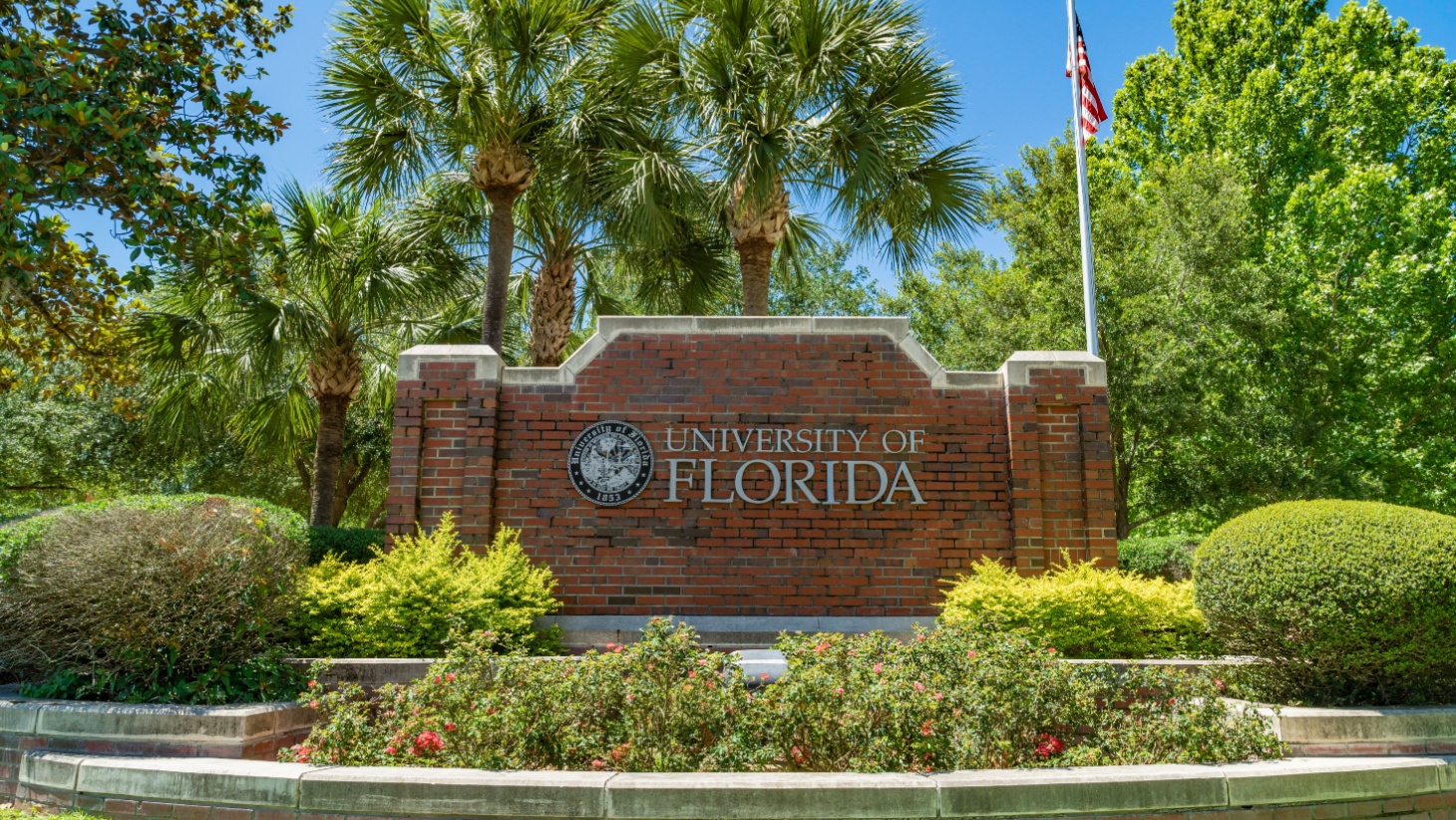
Are you dreaming of attending a college in the Sunshine State? In this post, we will share valuable tips and strategies on how to increase your chances of getting accepted into a Florida college. From crafting a standout application to acing your admissions interview, we’ve got you covered. Stay tuned and start your journey towards achieving your higher education goals in Florida! #FloridaCollege #CollegeAdmissions #HigherEducation
Understanding the Admission Requirements for Florida Colleges
When applying to colleges in Florida, it’s crucial to understand the admission requirements of each institution. GPA, standardized test scores, extracurricular activities, and letters of recommendation are commonly considered. Some colleges may also require specific courses or essays. Research each college’s requirements thoroughly to ensure you meet all criteria.
Additionally, Florida colleges may have different admission deadlines, such as early action or regular decision. It’s essential to stay organized and submit all required documents on time. If you have any questions about the admission process, don’t hesitate to reach out to the college’s admissions office for clarification.
Tips for Writing a Stellar College Application Essay

When it comes to writing a college application essay, it’s crucial to showcase your unique voice and perspective. Start by brainstorming ideas that reflect your personality, values, and experiences. Craft a compelling introduction that grabs the reader’s attention and conveys your main message. Structure your essay with a clear thesis statement and supporting evidence that highlights your strengths and ambitions. Show, don’t tell, by using vivid examples and anecdotes to illustrate your points. Finally, revise and edit your essay multiple times to ensure clarity, coherence, and impeccable grammar.
Remember, the college essay offers a valuable opportunity to stand out from other applicants and provide admissions officers with a deeper insight into who you are beyond your grades and test scores. Embrace this chance to showcase your creativity and passion for learning, making sure your essay reflects your authentic self.
3. Navigating the Application Process for Florida Colleges
When navigating the application process for Florida colleges, it’s vital to stay organized and plan ahead. Begin by researching the application deadlines for each college you’re interested in, as they can vary. Make a checklist of all required documents, such as transcripts, recommendation letters, and test scores, and ensure you have ample time to gather and submit them. Most colleges in Florida use the Common Application, which can streamline the process if you’re applying to multiple schools.
Additionally, pay attention to each college’s specific requirements. Some may ask for supplementary essays or portfolios, so be prepared to tailor your application to each institution. Proofread all your materials thoroughly before submission to avoid any errors that could hurt your chances of admission. Lastly, don’t hesitate to reach out to the admissions office if you have any questions or need clarification on any part of the application.
Scholarships and Financial Aid Opportunities for Florida College Students
Searching for scholarships and financial aid opportunities can be overwhelming, but it’s crucial for Florida college students to explore these options to make pursuing higher education more affordable. Scholarships are merit-based and can come from various sources, such as academic achievements, community involvement, or specific fields of study. Financial aid, on the other hand, includes grants, loans, and work-study programs that can help cover tuition, books, and living expenses.
Exploring Scholarship Options
When looking for scholarships, students should start by checking with their college’s financial aid office for institutional scholarships. Additionally, they can research external scholarships offered by businesses, nonprofit organizations, and foundations. It’s essential to pay attention to application deadlines and requirements to increase the chances of receiving financial support for higher education.
Campus Visits and Interviews: Making a Good Impression
When it comes to making a lasting impression during campus visits and interviews, preparation is key. These opportunities allow you to showcase your personality, interests, and passion for the college or university. Dressing appropriately, researching the institution beforehand, and asking insightful questions can demonstrate your genuine interest in becoming a part of the campus community. Remember, first impressions are crucial, so arrive on time, be courteous to everyone you meet, and exude confidence throughout the visit.
During interviews, be prepared to discuss your academic achievements, extracurricular activities, and future goals. Highlight your unique qualities and experiences that set you apart from other applicants. Show enthusiasm for the college’s programs and emphasize how you can contribute to the campus culture. Remember, the interview is not just about showcasing your accomplishments but also about demonstrating your fit with the institution’s values and mission.
Campus Visits and Interviews: Making a Good Impression
Visiting college campuses and participating in interviews are crucial steps in the college application process. These experiences provide valuable opportunities for prospective students to get a feel for the campus environment, interact with current students and faculty, and showcase their personality beyond what can be seen on paper. When visiting campuses, it’s important to come prepared with questions about academics, campus life, and extracurricular activities to gain a comprehensive understanding of the college. Dressing professionally and being punctual for interviews are also essential to leave a positive impression on admissions officers.
During interviews, students should be authentic, enthusiastic, and articulate about their interests, goals, and why they are interested in attending the college. It’s vital to demonstrate good communication skills, a strong work ethic, and a genuine passion for learning. Additionally, sending a follow-up thank you email or letter after the interview can further emphasize the student’s interest and appreciation for the opportunity.